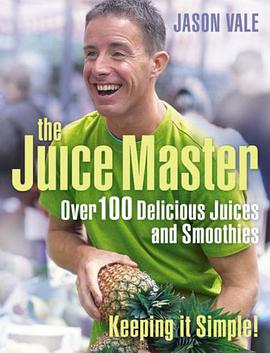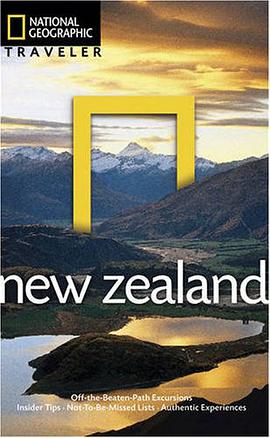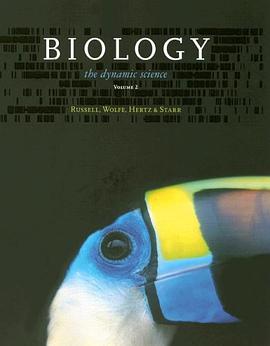

具體描述
Here is an important book for turbulent times, an accessible and engaging economic history of the world, by the world trade editor of the Financial Times.
Witty, knowledgeable, and fluent, False Economy tells extraordinary stories of economic triumph and disaster, explaining how some countries went wrong while others went right, and why it's so difficult to change course once you're on the path to ruin.
Why do oil and diamonds lead to economic disaster more often than boom? Why doesn't Africa grow cocaine? Why might believing in God be good for your balance-sheet?
In 2001 Argentina's government bankrupted itself, yet for the past 200 years it had enjoyed a vista of economic opportunity almost identical to that of the United States. Why did the US succeed while Argentina stalled?
False Economy explains how human beings have shaped their own fates, however unknowingly, and the conditions of the countries they call home. And though it is history, it does not end with the present day. Beattie shows how decisions that are being made now - which have either absorbed or failed to absorb the lessons from economic history - will determine what happens in the future. What does economic history teach us about the present economic unrest? Who will succeed and why? And who will fail? These are questions that we cannot afford to leave unasked. Or unanswered.
著者簡介
圖書目錄
讀後感
評分
評分
評分
評分
用戶評價
相關圖書
本站所有內容均為互聯網搜索引擎提供的公開搜索信息,本站不存儲任何數據與內容,任何內容與數據均與本站無關,如有需要請聯繫相關搜索引擎包括但不限於百度,google,bing,sogou 等
© 2025 book.quotespace.org All Rights Reserved. 小美書屋 版权所有




















